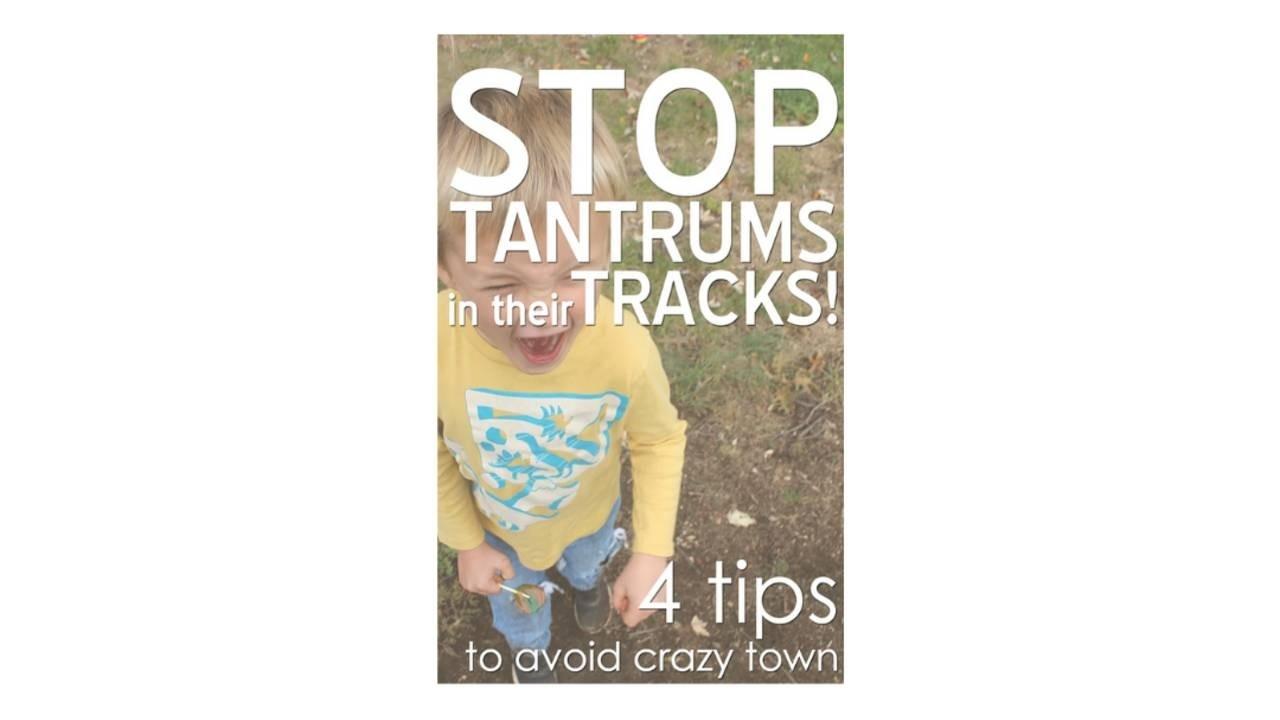Handling Tantrums: The HOW is in the WHY
Nov 04, 2018
If you have spent even 20 seconds looking at parenting help resources, you've already seen about a million books, videos, and 'helpful' social media posts about how to deal with tantrums. But, does that fix your problem? Maybe for a short time, but many of my clients have a really hard time staying calm and following the 'rules' of dealing with tantrums...especially when it's not just toddlers throwing them! School aged kids, and teenagers can still be very much tantrum-prone (not to mention Moms, cough cough). We know we need to ignore and avoid feeding into tantrum drama, implement natural consequences, etc. and for me that is much easier to do with the little kiddos. But when my teenager is going crazy throwing an irrational hissy fit, it is SOOOO much harder to follow the 'rules'. He is practically a grown-up! He can have really deep and nuanced conversations! It tricks me into believing I can rationalize and explain things when he's upset, and that is SOOO wrong. You can't rationalize and explain things to ANYONE when they are upset. When it comes to tantrums, all ages (including adults) are capable of the same maturity and need the same treatment.
I find it much easier to do the right thing with tantrums when I can remember WHY they are behaving this way. Tantrums are just one of the myriad of ways kids (at every age) are constantly doing 2 things:
1) Exerting power and control
2) Experimenting with the world around them
Knowing that every human has the primal need to do these two things makes it a lot easier to stay cool and recognize that my kid is just being a kid. I still need to respond and implement consequences, so they learn that tantrums result in less power and a poor outcome to their experiment. But I am able to do it from a place of acceptance and non-judgment...toward myself! Because tantrums literally mean NOTHING about the quality of a child's upbringing. Tantrums are unavoidable and a sign of normal kids. It's how we respond to them that matters. I hope you'll tune into the videos this week to learn the responses and reactions I encourage my clients to use, that minimize tantrums (just because they're normal doesn't mean they have to happen all the time!) and teach our kids other ways to express themselves. And if you want something in more depth than just a few short videos, I really encourage you to listen to the audio recording of my masterclass: 3 Secrets to Raising Great Kids without Losing Your Sanity.
